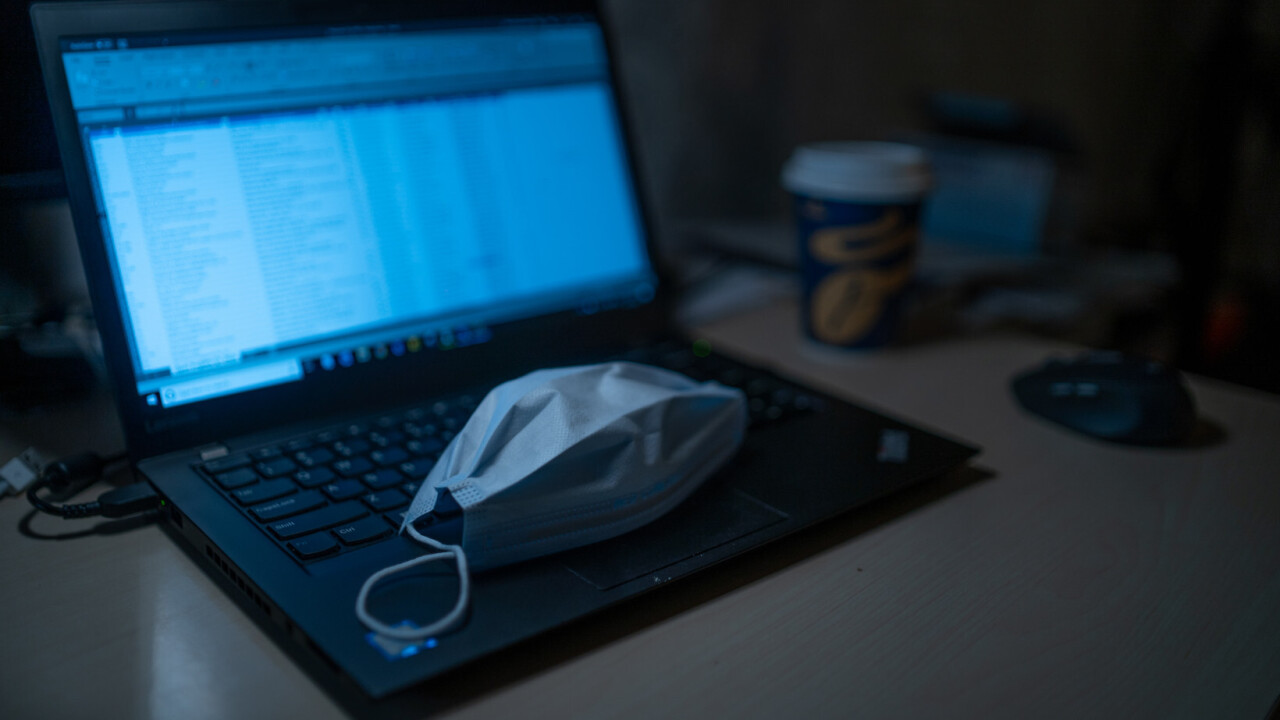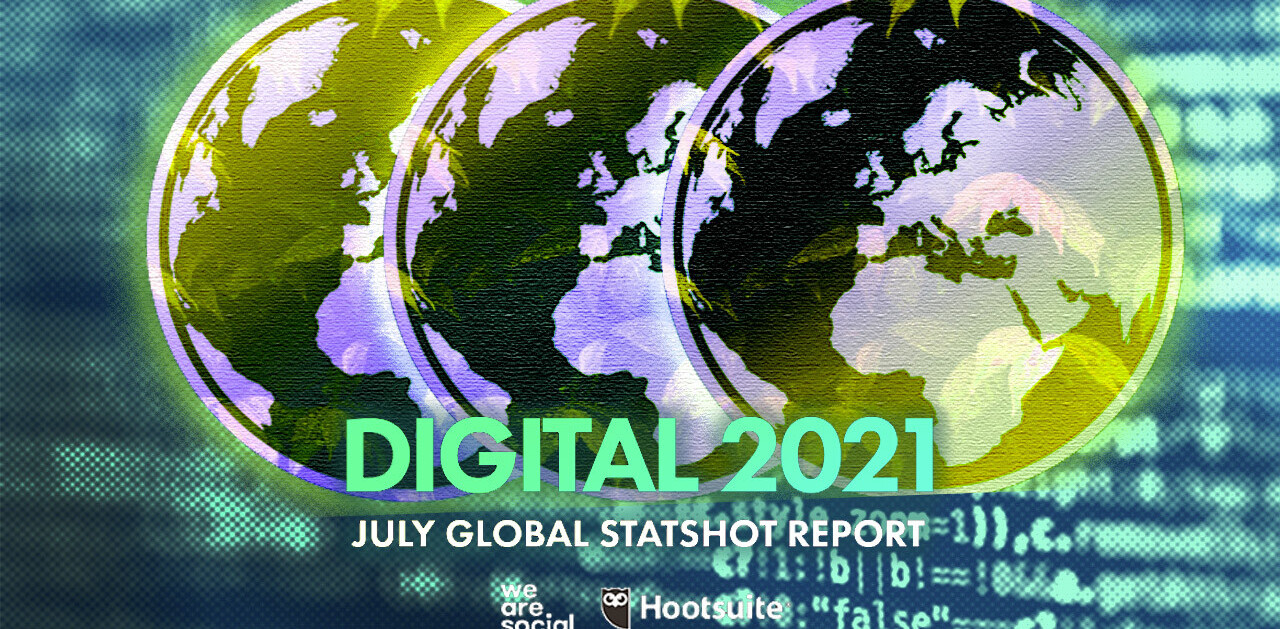
Around the world, communities, organizations, and governments, are waging the fight against the COVID-19 outbreak, hoping to turn the tide and help the public cope in the interim.
Solidarity and mutually shared responsibility have proved critical in the very slow return to normalcy, as both private and public organizations look to each other for advice on how to best mitigate the effects of the pandemic.
The World Economic Forum (WEF) recently released its COVID Action Platform, with an aim to mobilize collective support from all stakeholders for the COVID-19 response. Meanwhile, the US government signed a $2.2 trillion rescue package to brace the nation for the virus’ effect, following the example of other governments worldwide.
Startups too are taking up the fight against COVID-19. The efforts of fast-acting, socially conscious startups have included developing digital financial tools to provide loans to small businesses, designing digital mental health solutions for people in isolation, and coding open-source on low-cost, low-resource ventilators for developing countries.
With a myriad of other projects in motion, here is some of the most commendable, cutting-edge work being done by startups and entrepreneurs in response to COVID-19.

Greater innovation in healthcare than ever before
With scientists and technologists facing a pandemic the likes of which the world hasn’t seen in over a century, the healthcare and healthtech industries have risen to the challenge, innovating at an astonishing pace.
Within days of China releasing the genetic code for COVID-19 in January, laboratories in Asia and Europe had created methods for testing for the virus, and had shared them with their peers around the globe. And just last week, scientists in Singapore announced they had designed a technique to reduce the time it takes to test aspects of vaccines for the coronavirus from months, to just days, hoping to expedite vaccine development.
Experts are noticing shifts in the healthcare sector. In a recent op-ed for Becker’s Hospital Review, Thomas J. Graham, MD, former Chief Innovation Officer at Cleveland Clinic, pointed out that dire circumstances surrounding the coronavirus outbreak have generated two key ingredients essential for innovation: collaboration and transparency.
We see this in the digital space on platforms like GitHub, where scientists from around the globe transparently upload COVID-19 research to share with peers; on the COVID-19 Open Research Dataset (CORD-19), a trove of coronavirus-related material has been uploaded that AI and NLP experts can access to generate new insights.
Access to massive coronavirus-related datasets even allowed BlueDot, a small SaaS startup from Toronto, to detect the outbreak nine days before the World Health Organization (WHO).
Collaboration elsewhere between Israeli startup Sonovia Ltd and Bar Ilan University led to development of an anti-pathogen, anti-bacterial fabric material used for healthcare worker gear that they claim will kill the virus on contact. In February the team sent their material to China to be tested by local scientists.
In an attempt to help governments around the world which are struggling to deal with the volume of requests for COVID-19 tests, startups have come up with innovative solutions.
UK healthtech startup Medshr recently launched LetsBeatCOVID.net, a platform that helps healthcare officials in the UK and US track the spread of the outbreak by inviting people to take quick symptom surveys. It also provides personalized advice for those who upload their information.
In the US, Levels, a metabolic health tracking system in beta co-founded by Casey Means, MD, is bringing awareness of glucose monitoring and other metabolic health measures that may influence morbidity rates amongst people infected.

In Puerto Rico, healthcare data solutions company Abartys Health released their PatientLynk platform, enabling universal patient identification and providing significantly faster response times for COVID-19 lab tests.
While populations around the world buy precious time by practicing social distancing, it’s this commitment to collaboration, transparency and the pursuit of innovation that will lead to humanity successfully stopping the spread of the virus.
Contributions from technologies in emerging markets
The global reach of coronavirus has inspired innovation from emerging markets as well. Developing countries with more limited resources to combat the COVID-19 outbreak are looking, in part, to local innovators to come up with solutions.
Colombia, the Andean nation of 49 million people, counts an estimated 5,300 available ventilators country-wide. These machines are currently a key treatment for patients suffering severe breathing problems caused by the virus, and there is a shortage globally.
With the understanding that their country may not be one of the first in line to receive professionally manufactured ventilators, Colombian startup Techfit teamed up with the University of Antioquia in Medellín and dozens of other engineers to create a low-cost, low resource ventilator. According to the project’s leader Mauricio Toro, they’re aiming to build 1,000 mechanical ventilators in one month.
The team, dubbed #InnspiraMED, has diaried their journey on a blog, complete with open-source plans they invite other affected nations to use. Thus far, innovators from around Colombia as well as Nicaragua have reached out for more information, and Embry-Riddle University in Florida has also inquired about building a model in the United States, according to the blog. The group is currently seeking funding to scale production of their ventilators.

Another tool at the forefront of global healthcare workers’ efforts to stay ahead of the coronavirus is data modeling. The importance of data scientists to create accurate models of how the disease will spread, as Science puts it, takes on a “life and death importance.” And models are being welcomed from all corners of the globe.
Take African data science competition platform Zindi for example. It’s calling on its network of over 12,000 data scientists from the continent to create models that will predict the virus’ spread over the next three months.
The competition is supported by AI4D, an artificial intelligence program from the International Development Research Centre (IDRC).
The spread of the virus will require a global effort to contain. Innovators in emerging markets are inspiring the world as they race to develop solutions that could save lives.
Startups working to address social issues
The total extent to which the coronavirus pandemic will affect global society is still unknown. To date, it has bludgeoned healthcare systems worldwide; has forced millions of people out of their jobs; has sent stock markets plummeting; and social distancing and isolation could lead to stress and anxiety amongst the population, the World Health Organization (WHO) has warned.
Struck by the magnitude of the coronavirus outbreak, the startup community, sometimes best known for its pursuit of hyper-scalability and mega-profits, is beginning to focus its massive potential on solving societal issues derived from the pandemic.
The Portuguese tech community has created a platform to build and fund projects ranging from apps to provide info to healthcare workers, to telemedicine tools, to patient tracking technology. And government-backed tech accelerator, Accelerate Estonia, recently held a hackathon with the country’s innovators to build moonshot projects that can help better prepare the small nation to emerge from the crisis.
In Mexico, two of the cities most affected by COVID-19, Guadalajara and Monterrey, are being financially supported by the startup Shopnet, which is reimbursing 10% of the value of purchases from any supermarket, pharmacy or store during the quarantine.
Between Sunday, March 15 and Saturday, March 21, a record 3.28 million Americans lost their jobs, according to the US Department of Labor. As the economic fallout of the pandemic intensifies, the startup community is stepping up support.
WeFunder, a crowdfunding startup investment platform, launched a Coronavirus Crisis Loan program. Their mission is to provide lower interest rate loans of up to $1 million for small businesses affected by COVID-19. Small businesses can upload their funding campaign to the platform and cort investment, and WeFunder is reducing the rate it normally charges for its services.
To help society deal with the expected negative psychological effects of losing work and forced self isolation, the UK’s National Health Service (NHS), recently launched a competition for startups to create digital solutions for mental health support and social care needs for its citizens. Five hundred thousand pounds of total funding will be made available, and companies can win up to £25,000 each for qualifying ventures.

It’s unknown how long this push of startups building ventures that address social issues will last, but some companies may adopt this ethos long-term. Accelerator Founder Institute, for example, recently announced that it aims to have one third of its portfolio companies be focused on building companies that address the United Nations’ 17 sustainable development goals, in addition to Y Combinator’s Sam Altman recently calling for greater funding of science.
Last year, the Business Roundtable, an association of America’s top CEOs, redefined the purpose of a corporation to promote an economy that serves all stakeholders, including employees and the communities that businesses serve.
The trials companies face due to COVID-19 may prove the accelerant needed to fuel this commitment to building companies that positively impact society.
This article was Co-Authored by Peter Andringa
Get the TNW newsletter
Get the most important tech news in your inbox each week.





